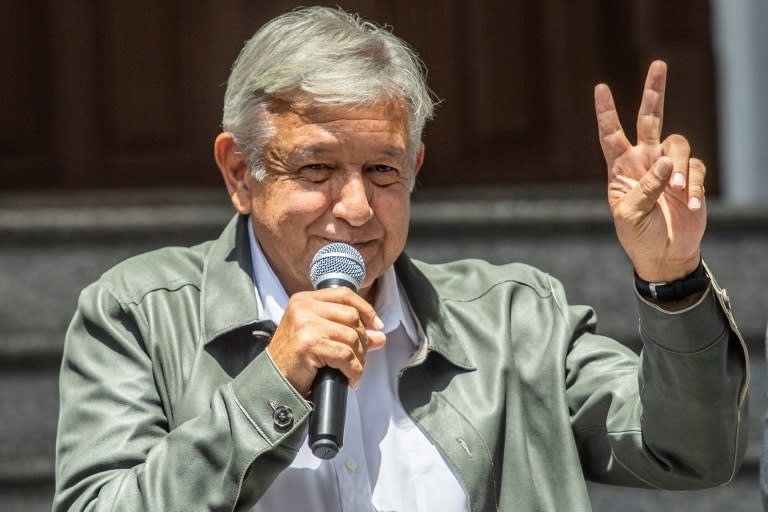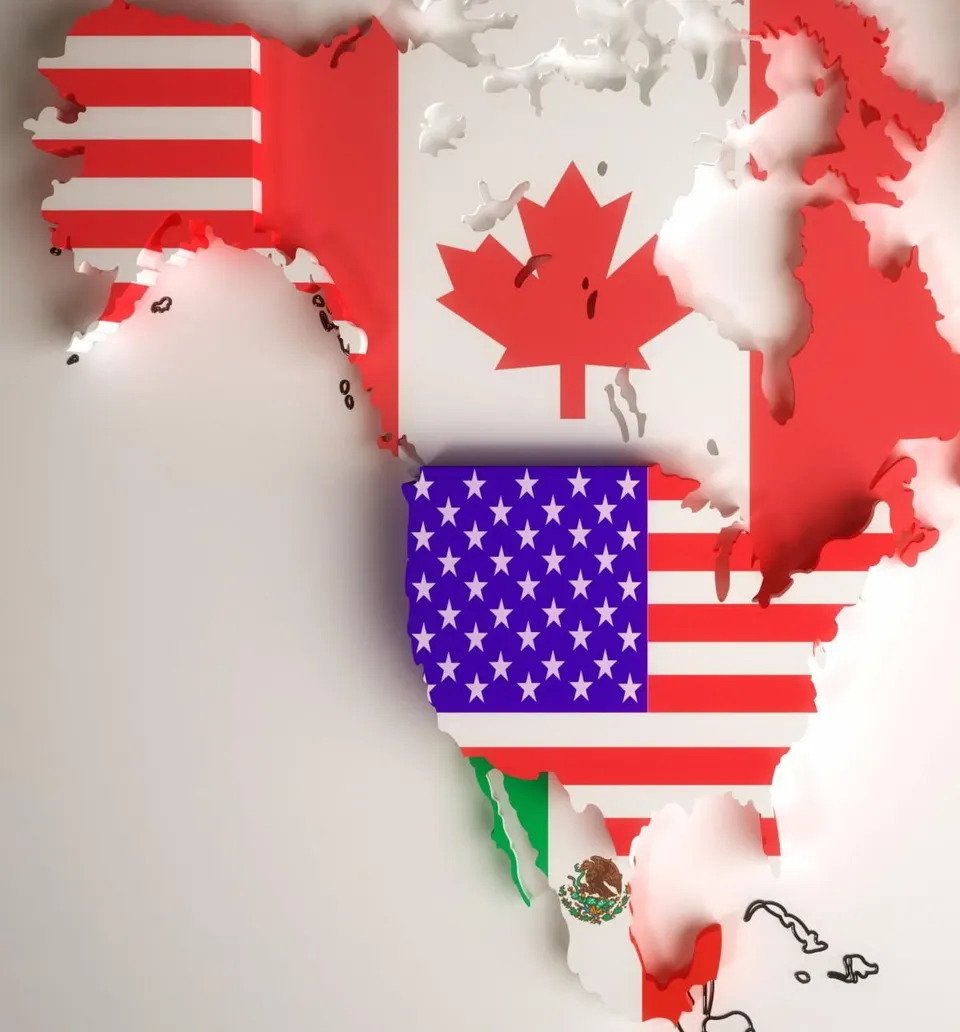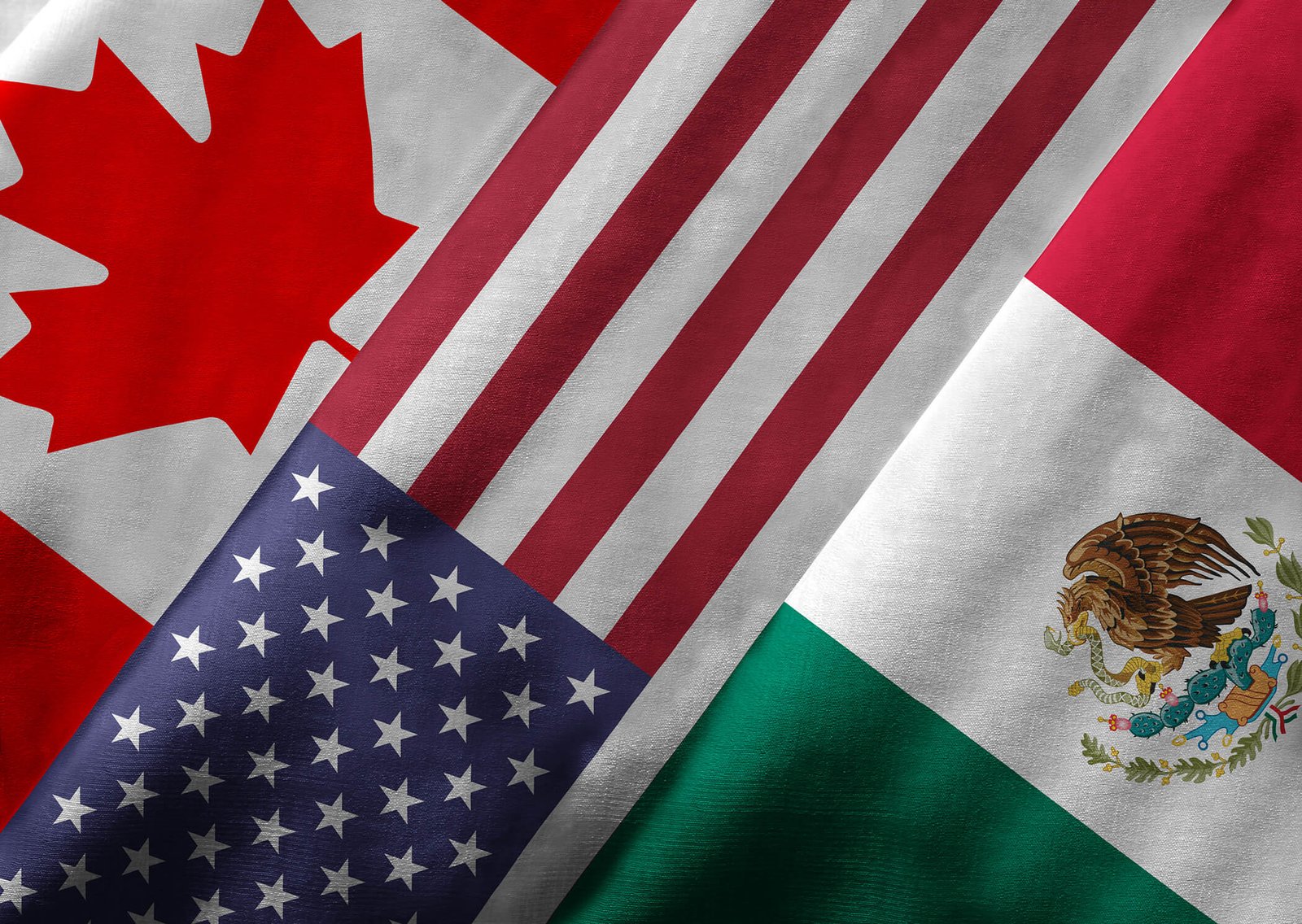
Mexico’s political landscape remains firmly shaped by President Andrés Manuel López Obrador (AMLO) and his ambitious agenda to reclaim Mexican sovereignty over key economic sectors, including energy, mining, and agriculture. With the next general elections looming in 2024, AMLO’s party, MORENA, is in a dominant position, reflecting AMLO’s lasting popularity and his government’s influence on domestic and international policies.
AMLO’s personal approval ratings remain high, nearing 70%, a testament to his connection with Mexico’s poorer and working-class citizens. His administration’s policies, particularly around natural resource management and economic sovereignty, have resonated with large segments of the population.
MORENA, with a current voter support of 48%, is expected to maintain its political dominance, while opposition parties such as the National Action Party (PAN) and the Institutional Revolutionary Party (PRI) struggle to regain relevance.
Looking toward the September 2023 nomination process for AMLO’s successor within MORENA, two key figures have emerged as frontrunners: Claudia Sheinbaum, former head of government for Mexico City, and Marcelo Ebrard, former Secretary of Foreign Affairs. Both resigned from their respective posts in June to focus on their campaigns for the leadership of the party. Whoever succeeds AMLO will inherit not only his domestic policies but also his unique foreign policy approach, which has emphasized non-alignment and Mexican sovereignty.
At the core of AMLO’s legacy is his unwavering commitment to what he calls the “fourth transformation” of Mexico. This vision centers on increasing the state’s control over Mexico’s natural resources, a move seen as a reversal of the neoliberal policies enacted by his predecessors, such as Enrique Peña Nieto, whose 2014 energy reforms opened Mexico’s energy market to foreign investors. In contrast, AMLO has sought to nationalize vital resources, including oil and gas, and, more recently, Mexico’s lithium reserves.
AMLO’s resource sovereignty project has included restoring the state-owned energy company Pemex’s dominance over oil production, ensuring Mexico’s oil is refined domestically rather than exported for refining, and halting the export of crude oil altogether by 2023. These measures aim to make Mexico self-sufficient in energy production while reducing its dependence on foreign actors. Additionally, his administration has frozen the issuance of new mining permits and introduced stricter environmental regulations, signaling a shift toward greater environmental stewardship, albeit within a framework that continues to promote fossil fuel reliance.
This focus on sovereignty has led to tensions with Mexico’s neighbors, particularly the United States and Canada. Both countries have raised concerns over AMLO’s policies through formal diplomatic channels and legal frameworks, such as the Canada-United States-Mexico Agreement (CUSMA). Canada, in particular, has been vocal in its criticism, as Canadian companies hold significant investments in Mexico’s mining sector, which has been deeply impacted by AMLO’s reforms. U.S. and Canadian trade representatives have expressed alarm over Mexico’s energy reforms and agricultural policies, especially AMLO’s efforts to phase out genetically modified corn and glyphosate herbicides.
Despite AMLO’s democratic mandate, opposition from Washington and Ottawa has intensified. Both countries have launched legal challenges to AMLO’s energy and agricultural reforms, accusing Mexico of violating international trade agreements. These challenges have been seen as attempts by North American powers to protect the interests of their corporations at the expense of Mexico’s sovereignty.

The Canadian government, in particular, has continued to pressure Mexico to roll back reforms that affect Canadian companies operating in the country. Canadian officials have expressed concerns about transparency and legal certainty in Mexico’s mining and energy sectors, with Canadian companies representing a large portion of foreign investment in these industries. In response, AMLO has remained firm, arguing that these reforms are essential for securing Mexico’s long-term economic independence and environmental sustainability.
In June 2023, this tension culminated in a formal trade dispute panel initiated by the U.S., with Canada joining as a third party. The panel aims to challenge Mexico’s ban on GMO corn imports, which AMLO insists is crucial for protecting Mexico’s agricultural heritage and food sovereignty. Despite pressure from both North American allies, AMLO has continued to pursue policies that strengthen Mexico’s autonomy, including implementing a 50% tariff on white corn imports.
While these reforms have garnered significant support from Mexican farmers and environmental advocates, they have also drawn sharp criticism from international trade bodies and foreign investors. The stakes for AMLO’s resource sovereignty project are high, as the legal and diplomatic battles over Mexico’s policies continue to unfold. The outcome of these disputes will likely shape Mexico’s economic future and its relationships with its North American partners.

As the 2024 general elections approach, MORENA’s potential to consolidate power remains strong, but the challenges facing Mexico’s next president will be substantial. Whether it is Sheinbaum or Ebrard who takes the reins, they will need to navigate the complex legacy of AMLO’s economic nationalism, balancing the need for continued sovereignty over natural resources with the pressures of globalization and international trade obligations. The path forward for Mexico will require careful management of its resources, a commitment to environmental sustainability, and a diplomatic strategy that defends its right to economic independence.
In conclusion, AMLO’s administration in June 2023 stands as a pivotal moment in Mexico’s history. His policies have sought to reclaim control over Mexico’s natural wealth and chart a path toward greater self-sufficiency. However, the legal challenges posed by the U.S. and Canada, alongside the global push for free-market access, will continue to test the strength of Mexico’s sovereignty. The outcome of these disputes, as well as the upcoming elections, will determine whether Mexico can maintain its course toward resource independence or be forced to compromise in the face of external pressures.

